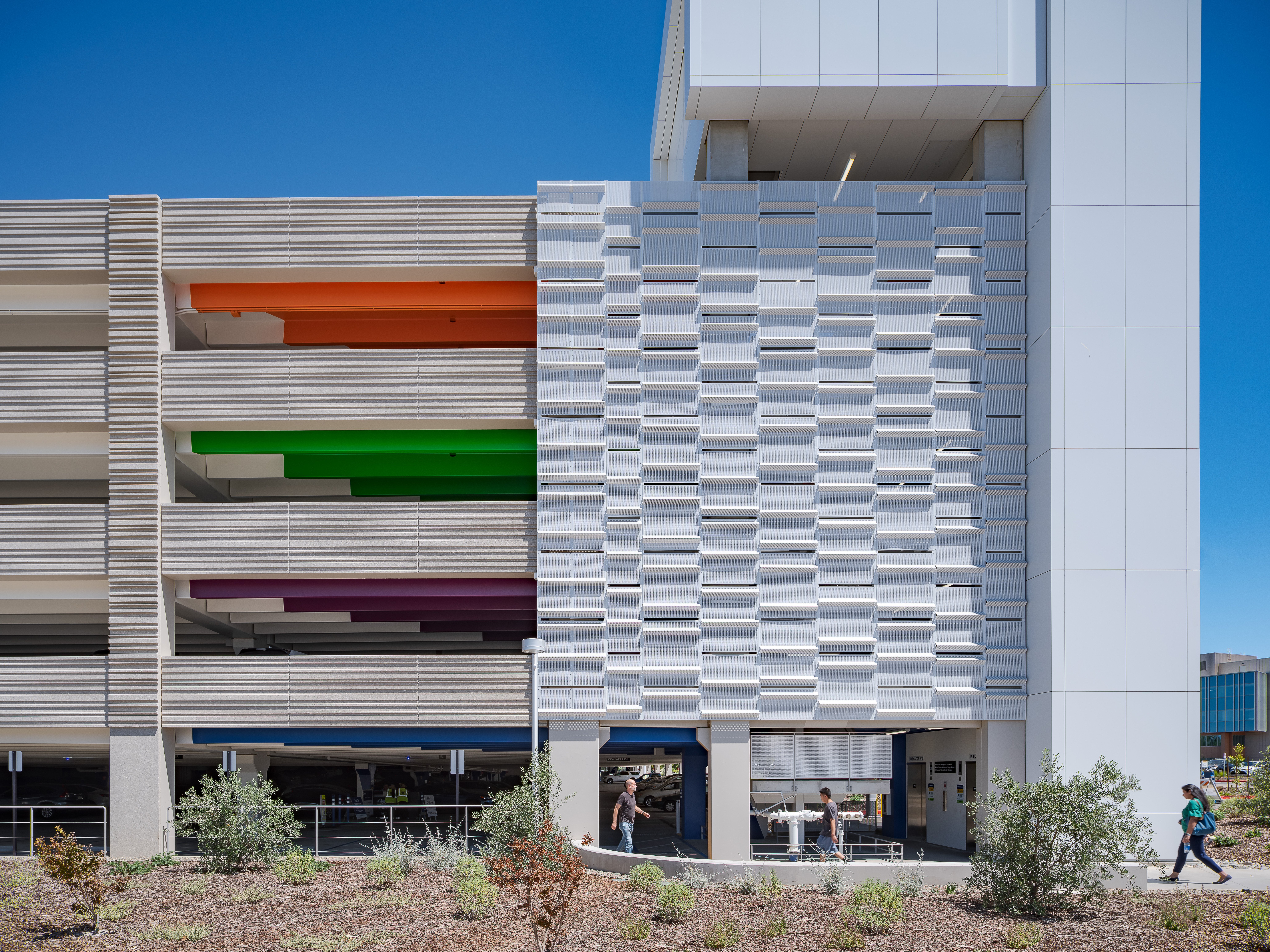Try as I might, I’m the least technologically savvy person in my family. My kids rarely ask me for help with computer issues. If their dad is not available, they try me, and when I do manage to teach them how to do something they are obviously surprised.
It’s annoying and they tease me just a little, but not too much because I remind them that they can’t cook and do not have advanced degrees, so we all have our strengths and weaknesses. But I get tired of looking at the top of their heads.
I put my phone away as much as possible on weekends, and it’s a nice break. My family thinks that’s weird.
I’m waiting for the technology backlash to occur. For people to see how their phones decrease certain types of effort by replacing it with different types of effort.
How the convenience of constant connectivity is actually a huge inconvenience, not to mention unhealthy
I’m waiting for people to make the correlation between rising rates of teen depression and anxiety to the smart phone and its never-ending neediness.
My husband and I both work from our home offices these days. When we travel, we plan to work during our vacations. We can join conference calls, answer emails and texts and meet deadlines from any beautiful, relaxing place we visit.
Our technology makes it “easy” to bring our work with us. It also makes it hard to enjoy a vacation.
So much of what I read in Parking Today refers to technology. We’ve got advances in lighting, booking, billing, and so on. It’s truly amazing.
A dear friend was giving me suggestions on how to keep track of the hundred balls in the air that come with having teenage children, particularly ones who are graduating from high school and headed to college. The deadlines are intense.
My friend told me she can’t manage her calendar on her phone, and I was hugely relieved to find I’m not the only one. Some of us have to see it on paper – not a requirement that I can brag about these days.
It’s not just the calendar. I need to read instructions from a book or pamphlet and fill out forms with a pen.
When I see a QR code on the restaurant table, I feel discouraged - I like the big tri-fold or half-sheet cardstock. Never fear, I can cope, but I’d rather take in information in traditional ways.
It’s a huge transition we are making from physical to digital. I lecture my daughters once a week on differentiating reality from the world they see online.
The people in the room are more important than the people on the phone (especially people they don’t actually know in real life). In-person is reality, online is pseudo reality – crafted and edited and unreliable.
They appear to ignore me, but one day when they are 30, 40 or 50, my words will pop into their heads and they’ll know I was right. A long time to wait, but that is the nature of parenthood.
I’m of the opinion that the digital transition will adjust and snap back one of these days. Younger generations love to rediscover things from decades past and claim them as original ideas. I can’t wait for them to discover car rides with conversation, trips without laptops, photos without likes, meaningful moments without memes, and so on.
I hope they get to experience the comfort of boredom, the ease of patience, the sheer joy of not knowing what everyone else thinks or what everyone else is doing, the freedom of errands, outings and trips without the tug of a busy telephone.
Some of us are still looking forward, reading the signs posted, and watching for the human beings around us. I’d like it if people like me, devoted to the tangible, will still be accommodated in the future.
If I have to pick up my phone before I leave my house, it doesn’t feel easy to me. It feels hard. I park in lots of places where no reservation is required, where payment happens easily without a device.
I park in garages where technology guides me to open spots. But I don’t mind winging it – and I know I’m not the only one.
My attachment to the things I can see and touch is not going to go away. Reality is palpable. I like progress. I like moderation, too. Making things easy isn’t only about making them automatic, touchless, cashless, faceless. It’s about making them make sense. It’s about making them simple.











